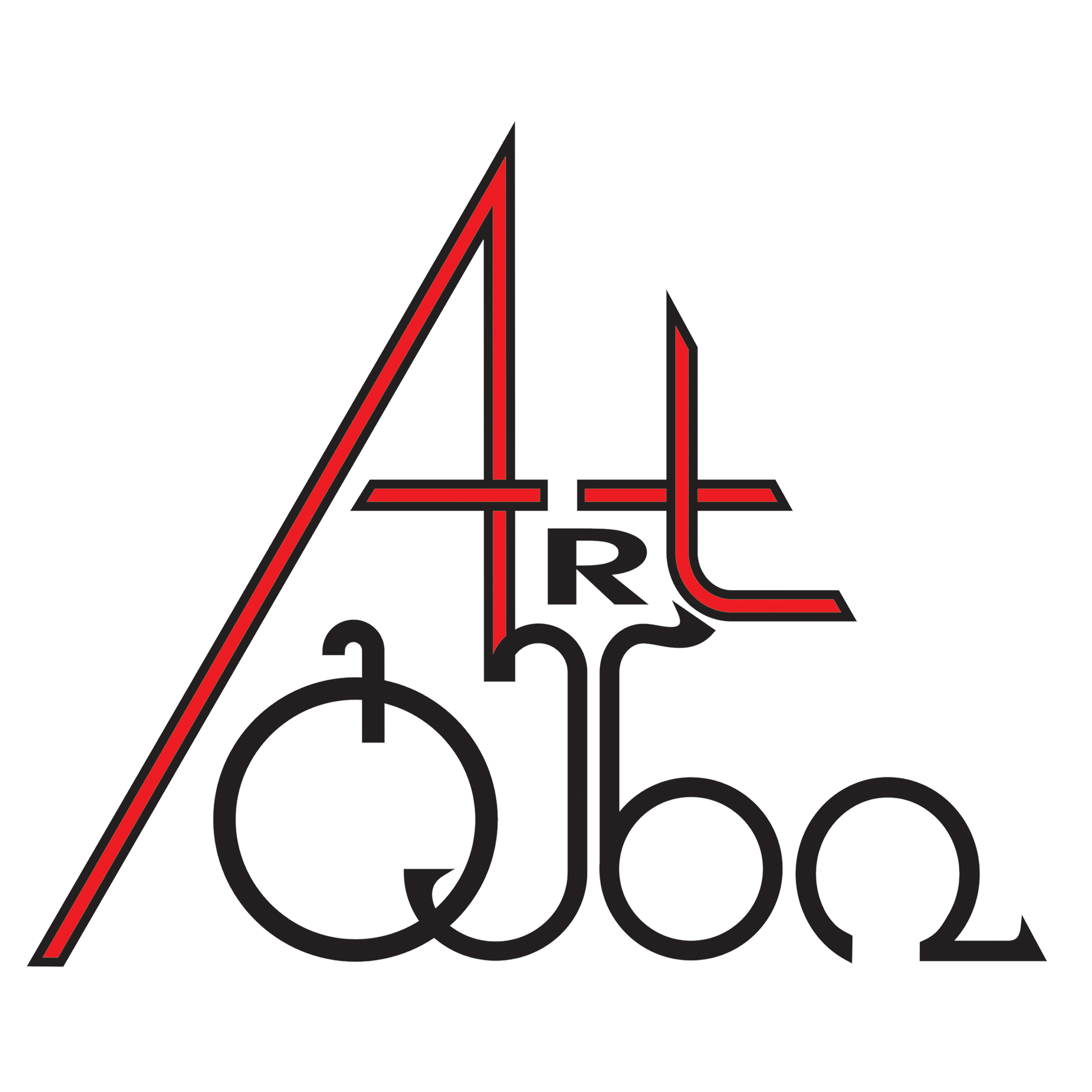
Art Gene Group was established in 2003. What brought us together as a team was the then dire situation in the field of culture, with insufficient attention paid to traditional culture or applied and visual arts.
Since inception, we have sought to promote traditional culture among youth by introducing them to folklore surviving mostly within individual families, handed down from generation to generation—we aspire to bridge the gap between rural and urban artists.
As a means to the end above, we opted to organize the Art Gene Festival, with Tbilisi’s Ethnography Museum as its venue, an open-air territory featuring houses and traditional living characteristic of various Georgian regions. Back then, the museum’s visitors were few and far between.
To attract younger audiences, we decided to invite their favorite ensembles and musicians, whose enhanced media coverage they craved.
We contracted a variety of leading media outlets eager to jump at the idea of bolstering traditional culture in the territory of the museum. In a word, they opened their door to us. We also drew the attention of sponsors by offering TV, radio, and outdoor advertising. And with their financial assistance, we overhauled and revived the museum’s amphitheater and outdated infrastructure stretching outdoors across 7 hectares.
At the same time, we alerted state institutions, including the Ministry of Culture and Tbilisi City Hall, who were quick to rise to the challenge by supporting us to this day, providing a variety of services, and transportation and accommodation of participants, and supplying fire services, equipment/machinery, ambulance services, and others, also facilitating communication with regional cultural services.
In the inaugural years 2004-2005, we enjoyed help from the British Embassy. Later—in 2009, 2010, and 2011—an EU-awarded grant saw us through the postwar period.
We schedule shows by celebrated performers toward the end of each day, a gimmick of sorts to attract younger audiences, while visiting regional and Tbilisi-based representatives of traditional family folklore take the stage during the day. Add to that exhibitions of artisans from Tbilisi and its suburbs, and cuisine and wine tasting sessions. We have also banned smoking and strong alcoholic beverages, rules enforced permanently during the festival. 2004 marked the first 5-day festival.
Every June since 2005, we have been holding regional outdoor festivals around historical monuments in corresponding corners of Georgia. And the 8-day finale of the festival is held back at the museum.
Apparently, this idea worked, as young people flock to the festival, to have fun outdoors and, while waiting for their favorite bands to take the stage, visit open-air museum expositions, artisan shows, enjoying music from folklore families visiting from regions.
The event saw limited attendance, though our regular annual attendance is 25,000-30,000 people.